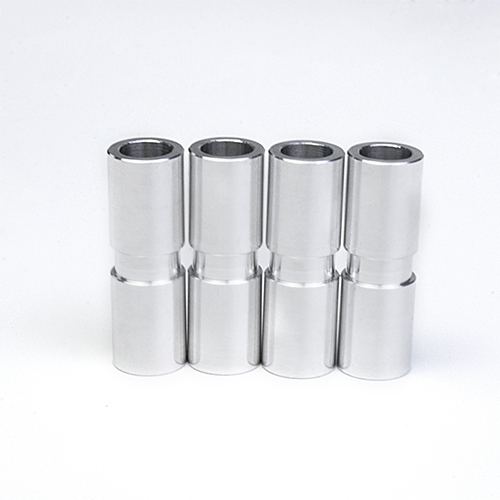The CNC manufacturing sector is experiencing a significant surge in growth as industries ranging from aerospace to medical devices increasingly turn to precision-engineered components to meet modern production standards.
Computer Numerical Control (CNC) manufacturing, a process that automates machine tools via pre-programmed computer software, has long been a staple in industrial production. However, industry experts now say that new advancements in automation, artificial intelligence integration, and the demand for tighter tolerances are fueling an unprecedented boom in the sector.
According to a recent report released by the Manufacturing Institute, the global CNC machine tool manufacturing market is expected to grow at an average annual rate of 8.3% over the next five years, with the global market valuation expected to exceed $120 billion by 2030.
One of the key factors driving growth is the increasing reshoring of manufacturing, and CNC machine tool manufacturing is particularly well suited to this transformation due to its low labor dependency and high repetitiveness.
In addition, the integration of smart sensors and machine learning has made CNC machine tools more adaptable and efficient than ever before. These innovations enable machine tools to self-correct during the production process, thereby reducing waste and increasing production.
Despite the positive outlook, the industry also faces challenges, especially in terms of skilled labor shortages and high initial investment costs. Many companies are working with technical schools and community colleges to create apprenticeship programs specifically for CNC machine tool manufacturing to bridge the skills gap.
As global demand continues to grow and technology continues to advance, CNC manufacturing will continue to be a cornerstone of modern industry – bridging the gap between digital design and tangible production with unparalleled precision.
Post time: May-10-2025




